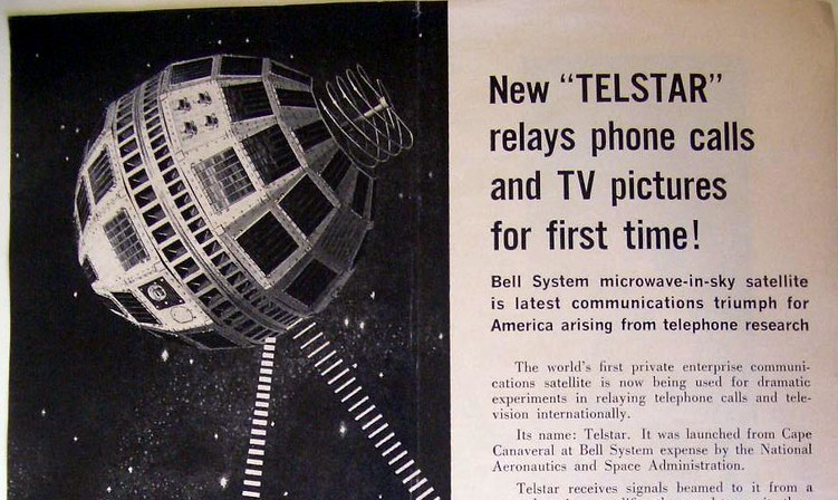I have written before about my early morning routine of running the streets of our subdivision. That routine includes running each of the nine cul-de-sacs in the development. Adding the cul-de-sacs to my route ensures enough distance to meet my mileage goal. Miss a cul-de-sac, miss the satisfaction of having accomplished my goal.
My service to our presbytery has recently taken a busy turn with significant business before a couple of the committees with which I am involved. The issues are complex and take not only too many Zoom calls, emails, text messages, and telephone conversations, but a lot of thinking time to process new information and formulate next moves. What better thinking time than the morning run?
So intense has been my thinking, though, that I sometimes end my morning run wondering – and certainly not remembering – if I made all the turns onto cul-de-sacs that my routine requires. Was I so lost in thought that I simply kept running instead of making that left or right turn onto Ursa Cove or left turn onto Bruin Pass? Okay, the time I was out running indicates the mileage was accomplished. I guess autopilot worked. Continue reading





